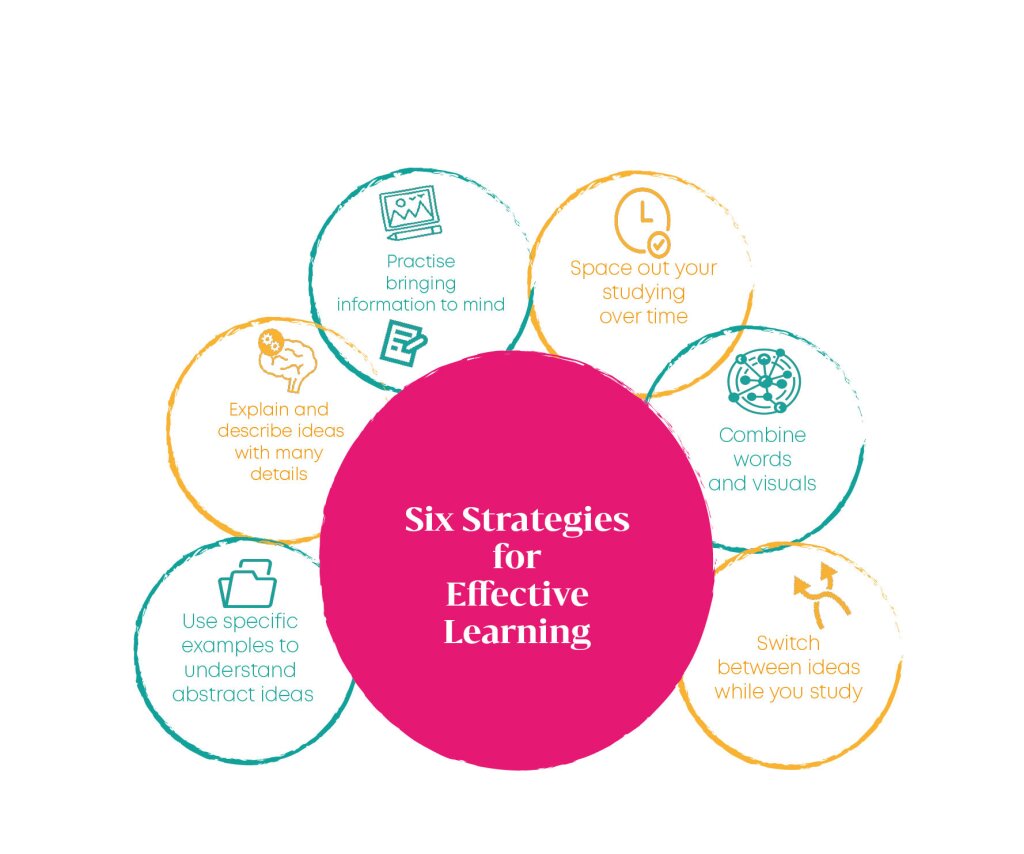Our policy outlines the ideas, habits and responsibilities that will have the greatest impact on your learning throughout your time at College.

What is learning?
Research shows that deep and lasting learning occurs when we:
develop long term retention of knowledge and skills
can apply what we learn creatively to different areas of the curriculum
are resilient and understand what we can do when we do not know what to do
can change our view of the world in response to what we learn
Learning at JCG
Everyone is a learner at JCG and we recognise the importance of having a growth mindset that believes we can always improve, whether we are staff, students or parents, in order to excel as learners and educators.
As a student what do I need to do, to be an outstanding learner?
Develop an excellent attitude to learning. To achieve this, you will be motivated, committed and aspire to do your best; you will persevere in your learning and respond positively to feedback.
Be thoroughly prepared for learning. To achieve this, you will arrive on time and ready to learn; you will submit work on time and bring the correct equipment to lessons.
Demonstrate excellent behaviour for learning. To achieve this, you will collaborate constructively and generously, manage distractions and listen carefully; you will be respectful and kind and demonstrate interest and curiosity.
Make excellent progress. To achieve this, you will make significant progress from your starting point, use feedback to reflect and improve and make links between concepts.
There is a large amount of recent research into how we learn best. At JCG, we believe that the best of this research should inform what we do, and for that reason you will be coached to apply the six strategies in the diagram so that you learn most effectively.
What will your teachers do to help you learn?
Challenge you to think more deeply, carefully or creatively, so that you have high expectations of what you can achieve.
Explain ideas clearly so that you acquire new knowledge and skills.
Model how to apply what you learn to solve problems or to new contexts. Give you plenty of opportunity to practise to help you recall information quickly.
Ask you questions, and challenge your responses, to help you to extend your understanding.
Provide you with feedback to further develop your learning. This could be by marking your work, or by peer assessment, self-assessment, verbal feedback or group feedback.




